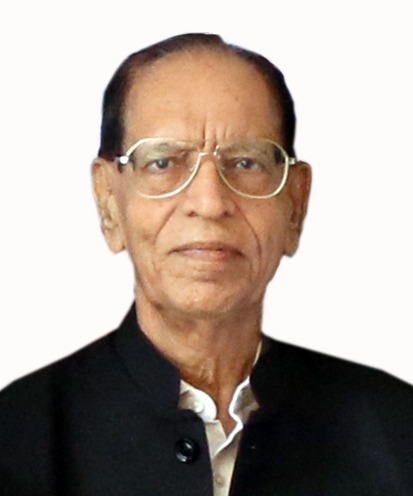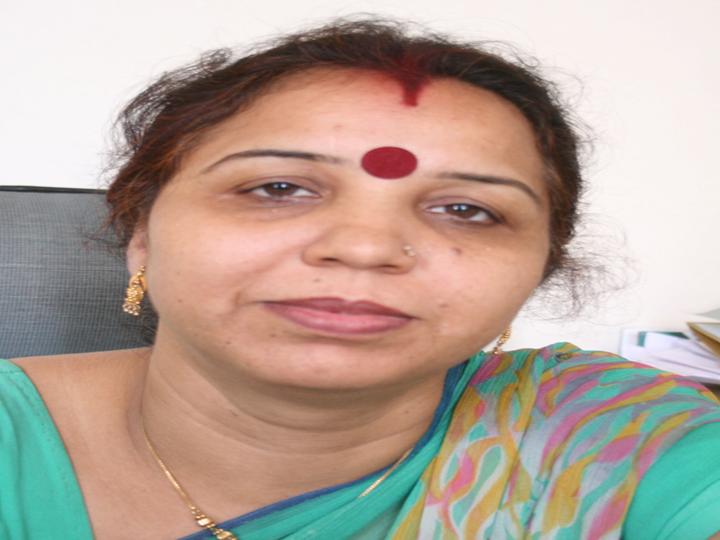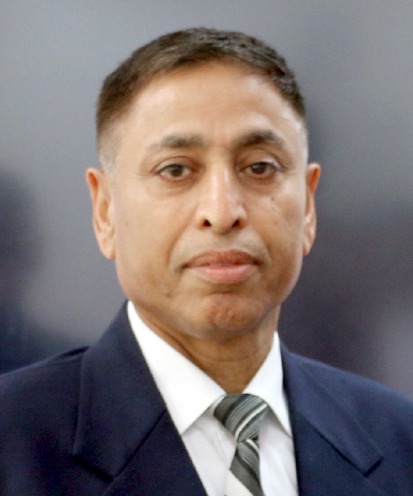About Us

2nd Administrative Reforms commission in its 12th report entitled "Citizen Centric Administration-the Heart of Governance" has recommended for making government organisations transparent accountable and citizen friendly. To achieve this objective the "seven steps model for citizen centricity" has been documented by the department of Administrative Reforms and Public Grievances(DARPG), Government of India as "Sevottam" framework meaning "Uttam-Seva" or Service Delivery Excellence. Sevottam is a continuing journey to revamp and refurbish our public service delivery mechanism to a level of excellence desired by the citizens. It incorporates e-Governance solutions, capability building of public servants and partnership with social groups to achieve transparency and accountability .With this object in mind, DARPG has designed the Sevottam framework as an assessment tool of the public service delivery. Accordingly, it has established Sevottam Cells in Administrative Training Institutes of most of the states including Haryana. The proposed Sevottam framework is a commitment to raise the standard of public service, enhance the customer's satisfaction, provide effective and efficient services besides bringing a continuous improvement in its services and delivery process. This model basically has three modules - Citizen's Charter, Public Grievance Redress Mechanism and Service Delivery Capability.
Citizen's Charter
Citizen's Charter is a written declaration by a government that highlights the standard of service delivery that it subscribes to, availability of choice for consumers, avenues for grievance redressal and other related information. In brief, it is a set of commitments made by a department regarding the standard of services provided by it. Thus, Citizen's Charter is intended to empower the citizens by enabling them to demand committed standards of services and avail remedies in case of non-compliance by the service provider organisation/department. The basic thrust of the charter is to make the public services "citizen Centric" i.e. demand driven rather than supply driven.
Public Grievances
Grievance has been defined as an indignation or resentment arising out of a feeling of being wronged. It is an expression of dissatisfaction made to an organisation related to its services. It includes complaints by the service recipients against the non delivery of the services in a standardised manner. It is a protest against the denial of the due. Many a times it results in to contempt against the service provider and sometimes leads to the social unrest as well.
Grievance Redress Mechanism
Grievance Redressal Mechanism is a process set up by the organisation to receive, record, investigate, redress, analyse, prevent or take any appropriate action in respect of grievances lodged against them.
Capability building
Capability building is the process of training and equipping the individuals with the knowledge, skill and preparedness that enables them to perform effectively and promptly. The goal of capacity building is to enhance the ability to evaluate and address the crucial needs and aspirations of the public in an efficient manner. It is a long term, continuing process in which all the functionaries of the service providing department/organizations, stakeholders and NGOs participate to make the process of service delivery transparent, people friendly and effective.
Objectives of the Sevottam Cell are:
- To build the capacity in behavioural skill and attitudinal change of the trainees of the selected departments at cutting edge level.
- To sensitize trainees/officers regarding Citizen's Charter and the related ingredients of Sevottam.
- To help the trainees in framing of Citizen's Charter in Consultation with the stakeholders and devising Grievances Redress Mechanism in these departments.
- To help the departments by imparting training to the participants to achieve Sevottam Certification BIS IS: 15700 with the prescribed protocols
- To indentify key problem areas and to give suggestions for the prevention of the grievance
Sevottam Cell in Operation
The Seven Steps to Citizen's Charter in Sevottam are - define all services which a department provides and identify clients; set standards and norms for each service; develop capability to meet the set standards; perform to achieve the standards; monitor performance against the set standards; evaluate the impact through an independent mechanism and continuous improvement based on monitoring and evaluation results.
Seven Steps to Grievance Redress System in Sevottam are-well established system of receipt of grievances; convenient for all users and its wide publicity; timely acknowledgement; time norm for redress; communication of action taken on redress; platform for appeal and analysis of grievance prone areas for making
Activity
Gallery
Photo Gallery
TOT on Sevottam for J & K officers
Contact

Sh. M.K.Midha, IAS (Retd.)
Consultant

Mrs. Aarti Dudeja
Cell Incharge, Associate Professor

Sh. Shiv Prasad Sharma, IAS(Retd.)
Project Associate
